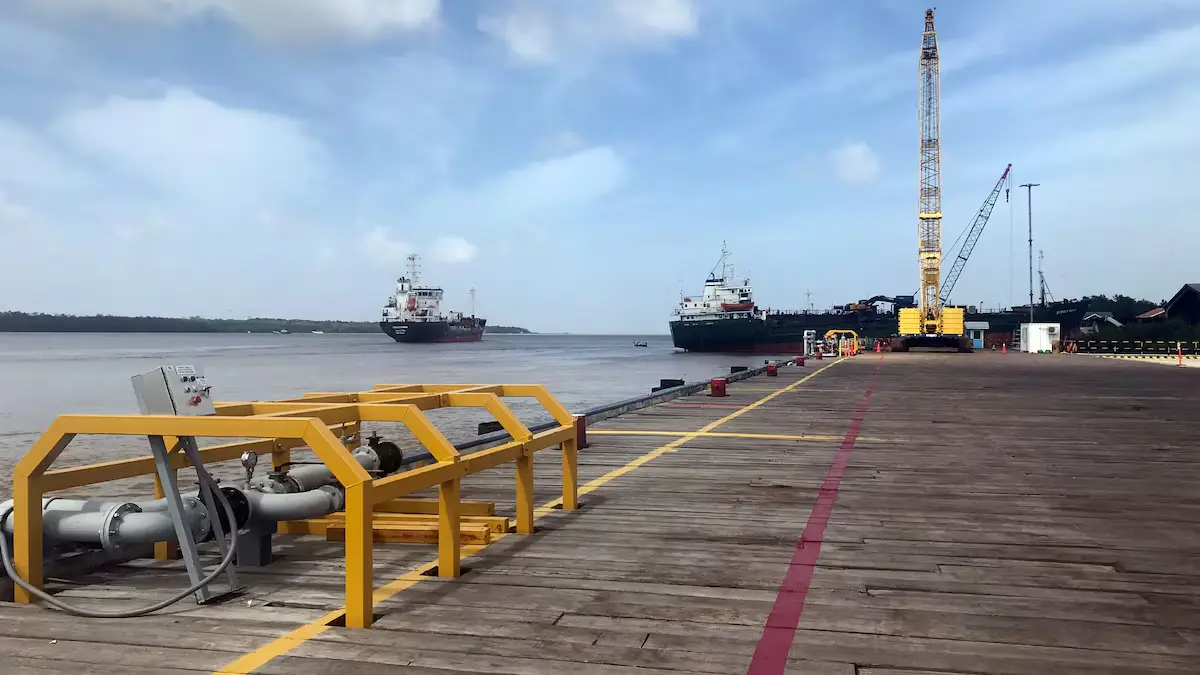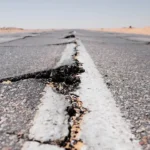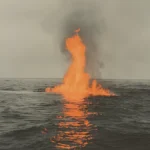Guyana Makes Oil Companies Responsible for Spills with New Law
Have you ever wondered who pays when oil spills damage the environment? In Guyana, the answer is now very clear. The South American country’s parliament has passed a new oil pollution bill that makes oil companies directly responsible for any damage from spills. Reuters reports this important change happened late Friday and will soon become law after President Irfaan Ali signs it.
Guyana has quickly become an important oil producer in recent years. The country now ranks as Latin America’s fifth-largest oil exporter in 2024, a remarkable achievement for a nation that only began producing oil commercially a few years ago. Oil production is growing fast and expected to reach more than 900,000 barrels per day in 2025.
What Does This New Law Actually Require?
The new law creates several important rules that oil companies must follow. First, companies must set aside enough money to pay for cleanup if a spill happens. This is called financial assurance. Think of it like a savings account specifically for emergencies.
- Regular Checkups: Companies must conduct frequent inspections and audits of their equipment to make sure everything is working safely.
- Fix Problems Quickly: If these inspections find any issues or potential dangers, companies must address them immediately.
- Serious Consequences: Companies that don’t follow these rules can have their exploration and production licenses suspended, meaning they would have to stop working.
The main target of this law is the group of companies led by Exxon Mobil, which includes American company Hess and Chinese company CNOOC. This group currently produces about 631,000 barrels of oil per day from Guyana’s offshore fields.
Why This Law Matters So Much
This law is especially important for Guyana because the country is new to oil production. Without strong rules, there was a risk that companies might not take enough care to prevent spills or might not clean up properly if accidents happened.
An oil spill could be devastating for Guyana’s beautiful coastline and marine life. The new law helps protect these natural resources by making sure companies have both the money and the responsibility to prevent problems and fix them if they occur.
How Financial Protection Works
The financial assurance part of the law is particularly important. It means companies must prove they have enough money set aside specifically for cleaning up potential spills. This ensures that if an accident happens:
- Money is Available: Cleanup can start immediately without waiting for companies to find or agree to provide funds.
- Responsibility is Clear: There’s no confusion about who pays for the damage and cleanup.
The law was passed with a majority voice vote in parliament, showing strong support across Guyana’s political spectrum. It represents an important step in the country’s efforts to manage its new oil wealth responsibly. Will other new oil-producing countries follow Guyana’s example in protecting their environments?











